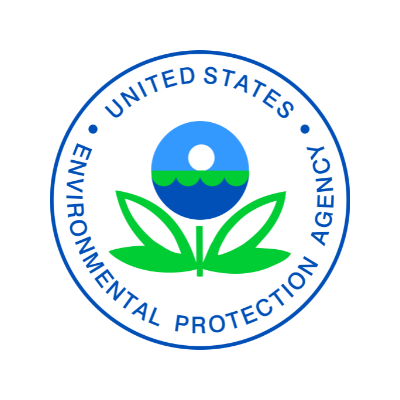EPA Releases Draft Strategy to Better Protect Endangered Species from Insecticides | US EPA
- Bias Rating
38% Somewhat Conservative
- Reliability
40% ReliableFair
- Policy Leaning
38% Somewhat Conservative
- Politician Portrayal
N/A
Continue For Free
Create your free account to see the in-depth bias analytics and more.
Continue
Continue
By creating an account, you agree to our Terms and Privacy Policy, and subscribe to email updates. Already a member: Log inBias Score Analysis
The A.I. bias rating includes policy and politician portrayal leanings based on the author’s tone found in the article using machine learning. Bias scores are on a scale of -100% to 100% with higher negative scores being more liberal and higher positive scores being more conservative, and 0% being neutral.
Sentiments
20% Positive
- Liberal
- Conservative
| Sentence | Sentiment | Bias |
|---|---|---|
Unlock this feature by upgrading to the Pro plan. | ||
Reliability Score Analysis
Policy Leaning Analysis
Politician Portrayal Analysis
Bias Meter
Extremely
Liberal
Very
Liberal
Moderately
Liberal
Somewhat Liberal
Center
Somewhat Conservative
Moderately
Conservative
Very
Conservative
Extremely
Conservative
-100%
Liberal
100%
Conservative

Contributing sentiments towards policy:
55% : In the draft strategy, EPA identified mitigations to address the potential impacts of insecticides on listed species even before EPA completes the ESA consultation process -- which in many cases, can take five years or more.53% : In developing this draft strategy, EPA identified protections to address potential impacts for more than 850 species listed by the U.S. Fish & Wildlife Service (FWS).
51% : EPA focused the draft strategy on conventional insecticides used in agriculture in the lower 48 states, where approximately 34 million pounds of insecticides are applied each year.
51% : Through a separate initiative, EPA is addressing potential impacts of insecticides to listed species and critical habitats protected by the National Marine Fisheries Service.
47% : Further, once EPA finalizes the Insecticide Strategy, the agency and FWS expect to formalize their understanding of how this strategy can inform and streamline future ESA consultations for insecticides.
46% : For example, based on feedback on the draft herbicide strategy, EPA designed the mitigations in the draft insecticide strategy to maximize the number of options for farmers and other pesticide users.
41% : The draft strategy identifies protections that EPA will consider when it registers a new insecticide or reevaluates an existing one.
36% : At the beginning of 2021, EPA faced nearly 20 lawsuits covering thousands of pesticide products due to its longstanding failure to meet ESA obligations for pesticides.
*Our bias meter rating uses data science including sentiment analysis, machine learning and our proprietary algorithm for determining biases in news articles. Bias scores are on a scale of -100% to 100% with higher negative scores being more liberal and higher positive scores being more conservative, and 0% being neutral. The rating is an independent analysis and is not affiliated nor sponsored by the news source or any other organization.






















 US EPA
US EPA